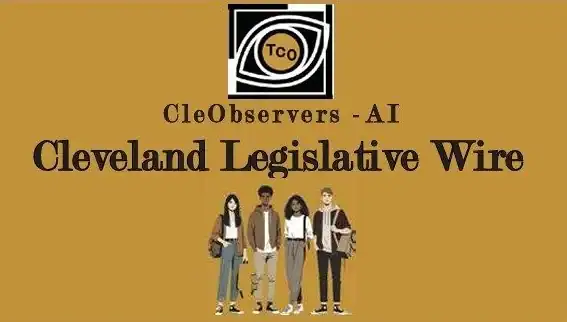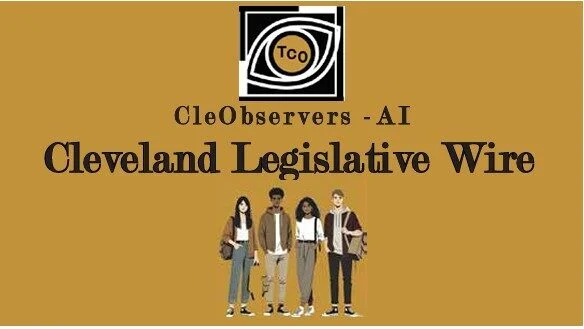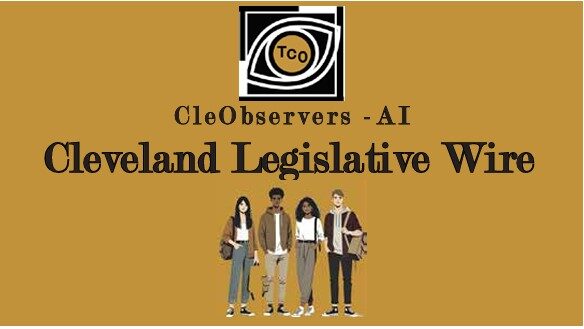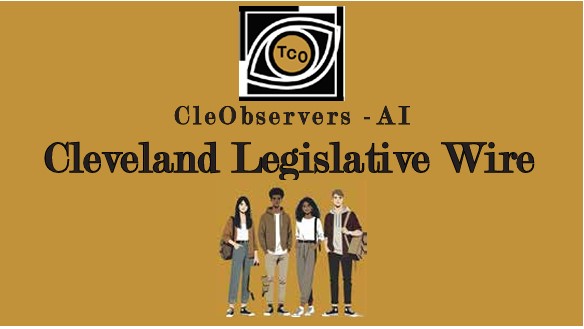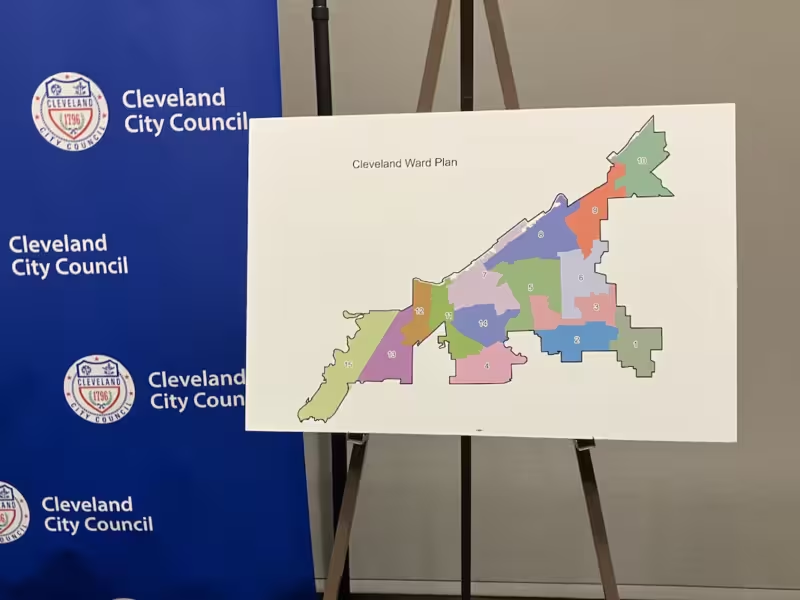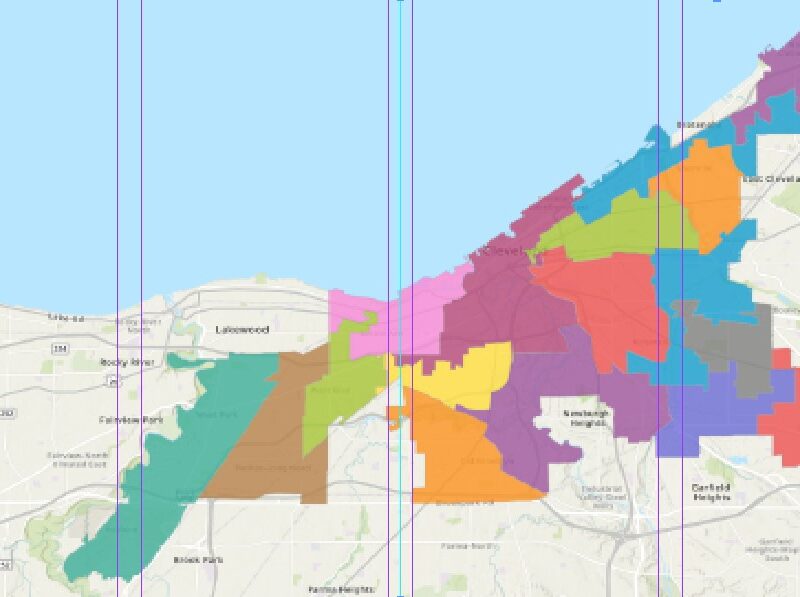Listen to this articleBy Observers AI The Cleveland Observer is dedicated to informing residents about legislative activities under review. By reporting on ordinances and resolutions during their initial stages, the Observer enables community members to engage with their Council members, providing feedback or expressing support before final decisions are made. First Reading Emergency Ordinances Referred […]

